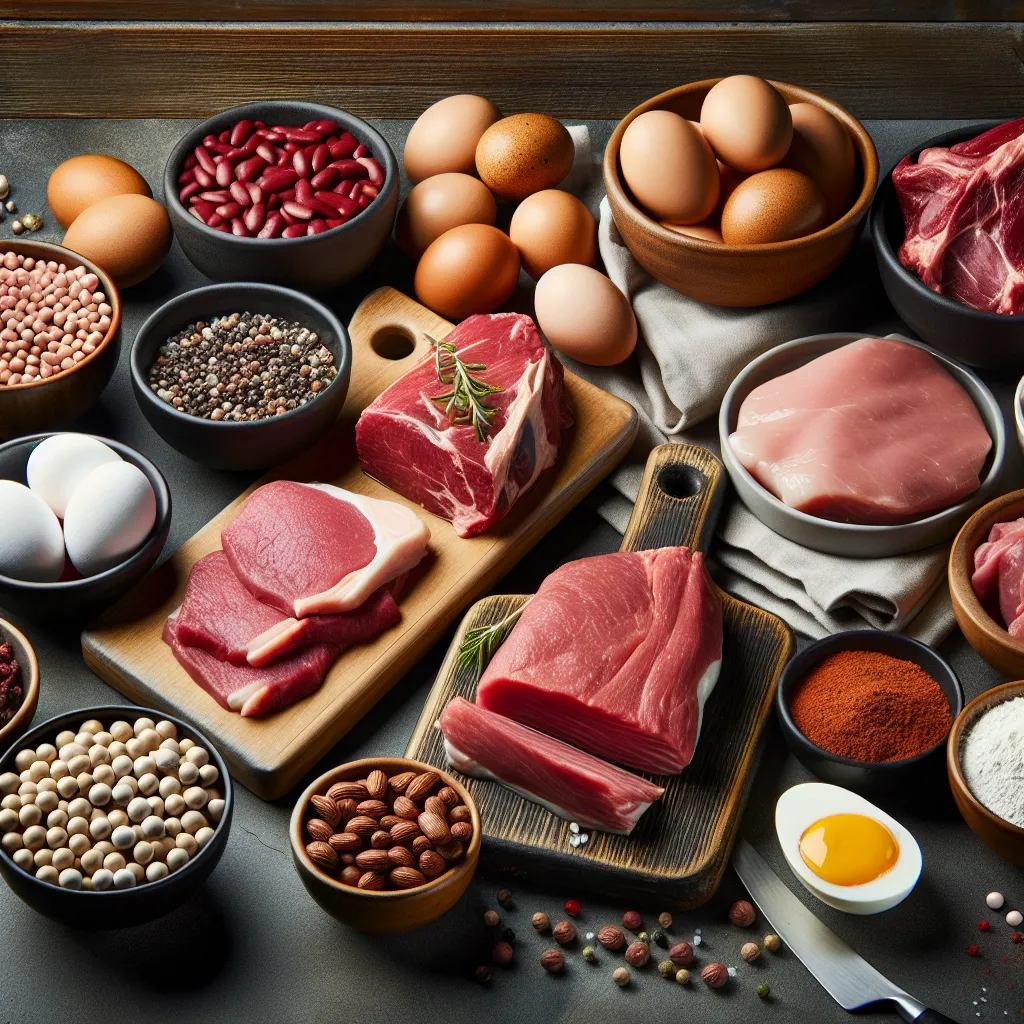Importance of Post-Workout Nutrition for Muscle Recovery
Optimizing muscle recovery through post-workout nutrition is crucial for anyone looking to maximize their fitness gains. One of the most important aspects of this process is the significance of post-workout nutrition for muscle recovery. After a challenging workout, the body is in a prime state to absorb nutrients and kickstart the recovery process. Post-workout nutrition plays a key role in replenishing glycogen stores, reducing muscle protein breakdown, and stimulating muscle protein synthesis.
Consuming the right combination of macronutrients, such as carbohydrates and protein, after a workout can significantly impact muscle recovery. Carbohydrates help replenish glycogen stores, which are the primary fuel source for muscles during exercise. Pairing carbohydrates with protein can further enhance muscle recovery by promoting muscle protein synthesis and reducing protein breakdown. This combination also helps to repair and rebuild muscle tissue, ultimately leading to greater strength and muscle gains.
In addition to carbohydrates and protein, consuming essential amino acids, such as leucine, can further stimulate muscle protein synthesis. This is crucial for repairing and rebuilding muscle tissue damaged during exercise. Including these essential amino acids in post-workout nutrition can help optimize the recovery process and ensure that the body is well-equipped to adapt to the demands of future workouts.
Overall, prioritizing post-workout nutrition is essential for supporting muscle recovery and maximizing the benefits of exercise. By choosing the right combination of nutrients and timing their consumption effectively, individuals can enhance their body’s ability to repair and strengthen muscles, ultimately leading to improved performance and physique.
Key Nutrients to Enhance Muscle Recovery
When it comes to optimizing muscle recovery after a workout, post-workout nutrition plays a pivotal role. Consuming the right nutrients after exercise can significantly enhance the recovery process, allowing for better muscle repair and growth. Key nutrients that are essential for maximizing muscle recovery include protein, carbohydrates, and antioxidants.
Protein is crucial for muscle repair and growth as it provides the necessary building blocks (amino acids) for the muscles to recover and adapt to the stress of exercise. Consuming a combination of fast-digesting protein, such as whey protein, and slow-digesting protein, such as casein, can provide a sustained release of amino acids to the muscles, promoting recovery over an extended period.
Carbohydrates play a vital role in replenishing the glycogen stores that are depleted during intense exercise. Consuming a carbohydrate-protein drink or meal after a workout can enhance glycogen repletion and facilitate a more rapid recovery. Additionally, consuming carbohydrates along with protein can stimulate insulin release, which further aids in transporting nutrients to the muscles.
Antioxidants, such as vitamin C and E, play a critical role in minimizing exercise-induced oxidative stress and inflammation. Including antioxidant-rich foods or supplements in post-workout meals can help reduce muscle damage and accelerate the recovery process. Foods high in antioxidants include berries, nuts, and leafy green vegetables.
In conclusion, optimizing muscle recovery through post-workout nutrition involves prioritizing the intake of key nutrients such as protein, carbohydrates, and antioxidants. By strategically incorporating these nutrients into post-exercise meals or snacks, individuals can support their muscles’ recovery and ultimately enhance their overall performance and progress.
Timing and Consumption: Maximizing Post-Workout Nutrition
Maximizing post-workout nutrition is crucial for optimizing muscle recovery and growth. One key aspect of post-workout nutrition is timing and consumption. The window of opportunity for refueling your body after a workout is relatively small, making the timing of your post-workout meal or snack critical. Consuming the right nutrients within this window can help replenish glycogen stores, reduce muscle protein breakdown, and enhance muscle protein synthesis.
Research suggests that consuming a combination of carbohydrates and protein within 30 minutes to an hour after exercise can enhance muscle recovery and growth. Carbohydrates help replenish glycogen stores, while protein provides the essential amino acids necessary for muscle repair and growth. Aim for a ratio of about 3:1 or 4:1 of carbohydrates to protein for optimal post-workout nutrition.
Additionally, the type of protein consumed can impact post-workout recovery. Whey protein, due to its quick digestion and high leucine content, is often recommended for post-workout consumption. Leucine is an essential amino acid that plays a key role in stimulating muscle protein synthesis.
In terms of timing, if a full meal is not feasible immediately after your workout, a protein shake or a protein-rich snack can serve as a convenient and effective option for meeting your post-workout nutritional needs. It’s important to listen to your body and refuel as soon as possible after your workout to maximize the benefits of post-exercise nutrition.
In conclusion, timing and consumption are critical factors in maximizing post-workout nutrition. By consuming the right nutrients, especially carbohydrates and protein, within the optimal timeframe after exercise, you can support muscle recovery, reduce muscle damage, and ultimately enhance your overall fitness and performance.
Personalized Nutrition Plans for Optimal Muscle Recovery
Personalized nutrition plans play a crucial role in optimizing muscle recovery after a workout. Understanding the individual’s specific nutritional needs can significantly enhance the effectiveness of post-workout nutrition. By tailoring nutritional intake to one’s unique requirements, athletes and fitness enthusiasts can promote muscle recovery, repair, and growth more effectively. Rather than adopting a one-size-fits-all approach, personalized nutrition plans take into account factors such as body composition, metabolism, exercise intensity, and specific training goals. This personalized approach ensures that individuals consume the right types and amounts of nutrients, such as protein, carbohydrates, and fats, to support their muscle recovery process optimally.

